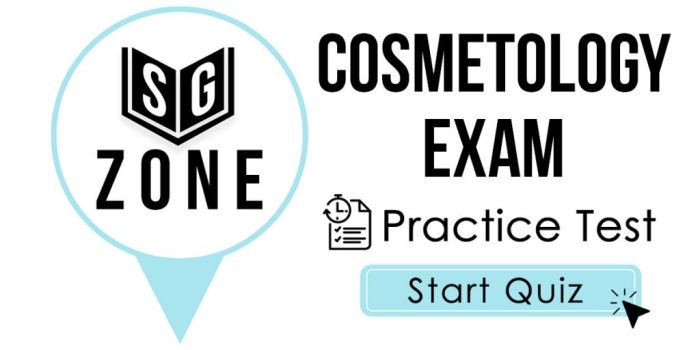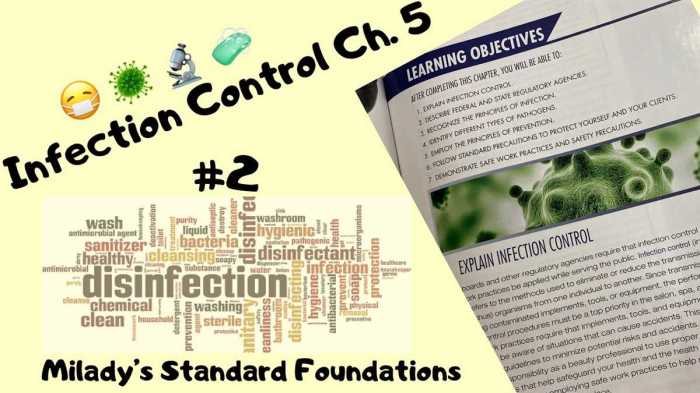The Washington State Cosmetology Written Exam Practice is a crucial step for aspiring cosmetologists seeking to obtain their license. This comprehensive guide provides invaluable insights, practice materials, and test-taking strategies to empower candidates for success.
This guide covers the exam format, key concepts, and effective study techniques, ensuring candidates are well-equipped to excel in the written exam.
Overview of Washington State Cosmetology Written Exam

The Washington State Cosmetology Written Exam is a crucial step in obtaining a cosmetology license in the state. It assesses the knowledge and skills of aspiring cosmetologists to ensure they possess the necessary foundation for practicing cosmetology safely and effectively.
The exam consists of 100 multiple-choice questions and must be completed within 120 minutes. Candidates must score a minimum of 70% to pass the exam.
Practice Materials for the Exam

Numerous practice materials are available to help candidates prepare for the Washington State Cosmetology Written Exam. These resources include:
- Practice tests: Simulate the actual exam format and provide immediate feedback on performance.
- Study guides: Summarize key concepts and provide additional practice questions.
- Sample questions: Offer a glimpse into the types of questions that may appear on the exam.
Utilizing these practice materials allows candidates to identify areas for improvement, reinforce their understanding of the material, and boost their confidence before the actual exam.
Key Concepts and Skills Tested

The Washington State Cosmetology Written Exam covers a comprehensive range of topics, including:
- Hair care: Techniques for cutting, styling, and coloring hair.
- Skin care: Procedures for cleansing, exfoliating, and treating skin conditions.
- Nail care: Manicure and pedicure techniques, including nail shaping, cuticle care, and nail art.
- Salon management: Business practices, customer service, and sanitation protocols.
- Cosmetology theory: Principles of chemistry, anatomy, and physiology as applied to cosmetology.
Understanding these concepts and mastering the associated skills are essential for passing the exam and performing cosmetology services competently.
Test-Taking Strategies
To maximize their chances of success on the Washington State Cosmetology Written Exam, candidates should employ effective test-taking strategies:
- Time management: Allocate time wisely to ensure all questions are answered.
- Multiple-choice questions: Read questions carefully, eliminate incorrect answers, and choose the best option.
- Short answer questions: Provide concise and accurate answers that demonstrate a clear understanding of the concepts.
- Staying calm: Maintain composure throughout the exam to avoid unnecessary stress and enhance focus.
Additional Resources for Preparation: Washington State Cosmetology Written Exam Practice
In addition to practice materials, candidates may consider seeking professional guidance or mentorship to enhance their preparation for the Washington State Cosmetology Written Exam.
Furthermore, workshops and seminars offered by reputable organizations can provide valuable insights and practical training.
Essential Questionnaire
What is the purpose of the Washington State Cosmetology Written Exam?
The exam assesses candidates’ knowledge and understanding of cosmetology principles, ensuring they possess the necessary foundation to practice safely and effectively.
How many questions are on the exam?
The exam typically consists of 100 multiple-choice questions.
What topics are covered on the exam?
The exam covers a wide range of cosmetology topics, including hair care, skincare, nail care, sanitation, and salon management.
How can I prepare for the exam?
This guide provides a comprehensive approach to exam preparation, including practice tests, study guides, and test-taking strategies.